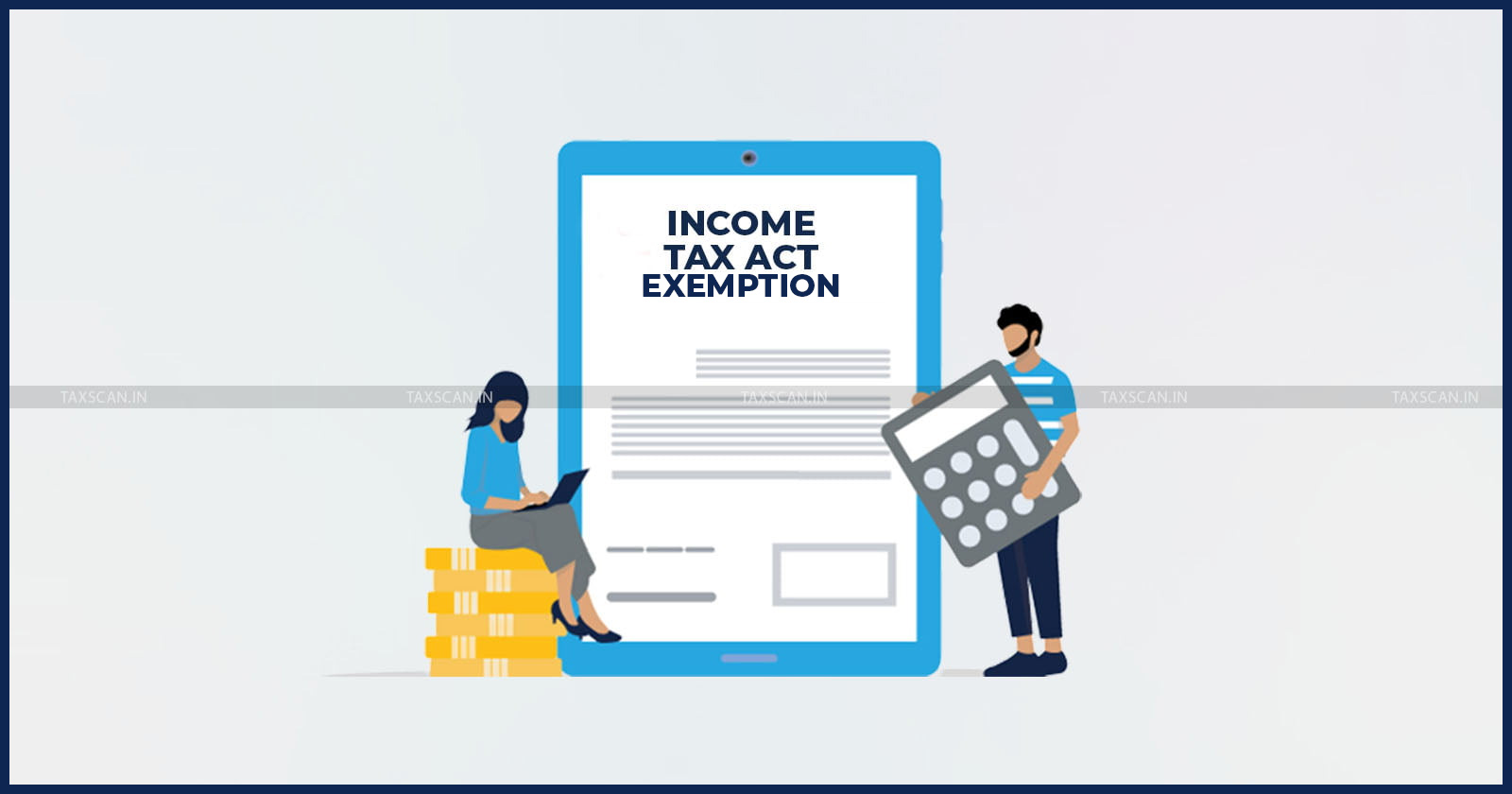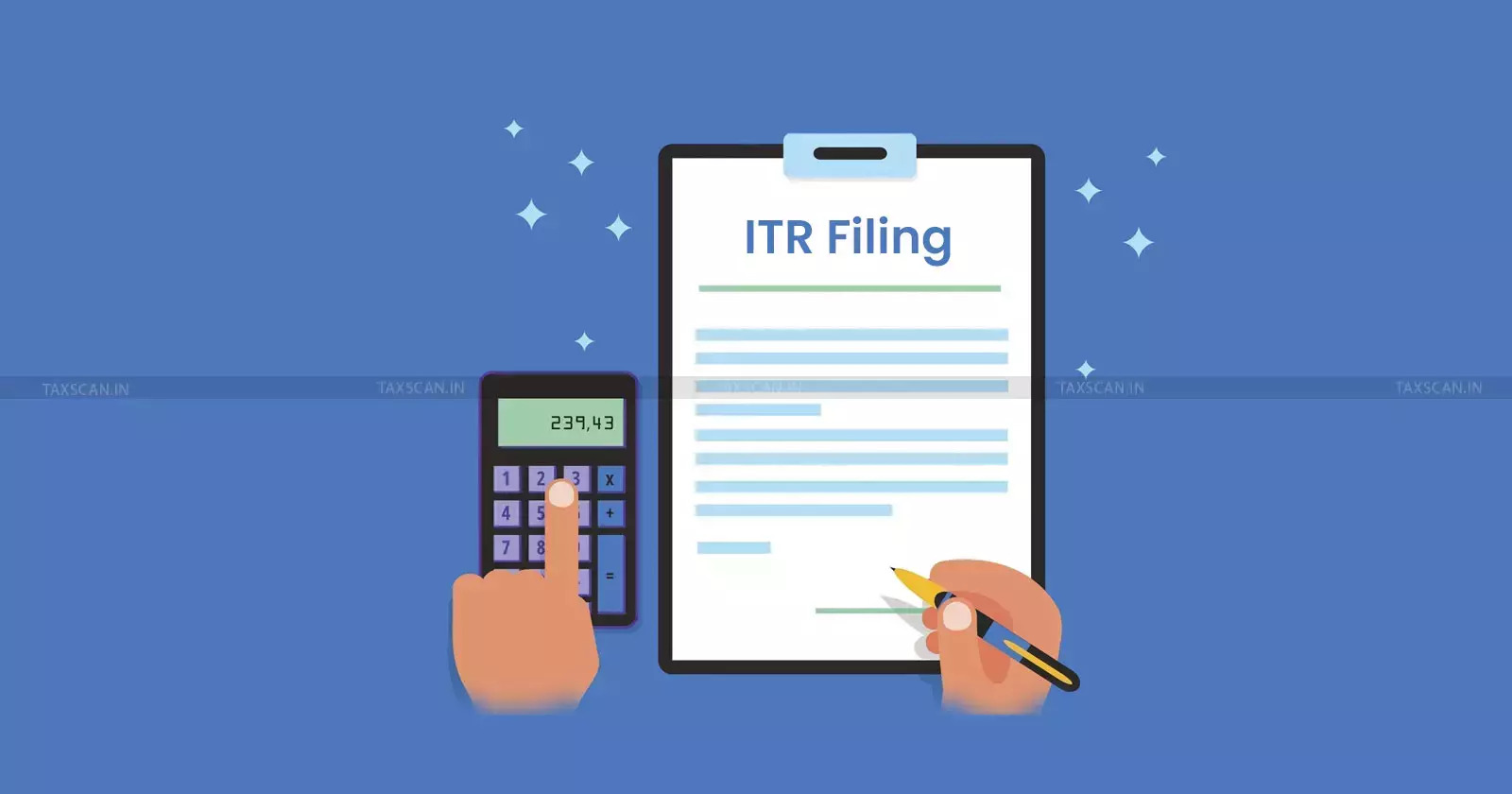Think Twice Before Faking Income Tax Deductions: Govt Tightens Penalties and Prosecution
Faking income tax deductions can now lead to 200% penalties, interest, and even jail, as the government tightens rules and ramps up prosecution

The government has tightened the rules for claiming income tax deductions in Assessment Year (AY) 2025-26 after a large-scale tax fraud was uncovered. A recent investigation by the Income Tax Department found that over 90,000 salaried individuals falsely claimed deductions, causing a loss of more than Rs. 1,070 crore to the government. This led to stricter filing requirements and tougher penalties for false claims.
The Income Tax Department is now using advanced tools like the Annual Information Statement (AIS) to cross-check all financial data to tackle fake deductions and improve transparency. The AIS collects information on TDS, TCS, bank interest, and more, making it easier for the tax department to spot false claims and mismatches.
Know Practical Aspects of Tax Planning, Click Here
 Also Read:Explanation to Income Tax S. 12AB(4) on 'Specified Violations' Introduced in Finance Act, 2022 Applies Prospectively Only: ITAT [Read Order]
Also Read:Explanation to Income Tax S. 12AB(4) on 'Specified Violations' Introduced in Finance Act, 2022 Applies Prospectively Only: ITAT [Read Order]
Investigation Triggering the Crackdown
This wave of reforms follows an internal operation where the Income Tax Department used data analytics to identify patterns of deduction mismatches. In many cases, taxpayers claimed deductions such as under Section 80C (investments in LIC or ELSS) without having any valid records or corresponding data in the AIS. Some even copied deduction claims from old tax templates or borrowed figures from friends' returns.
The investigation, while not tied to a single public case name, reflects an aggressive use of Project Insight, a data-mining initiative launched by the Income Tax Department in 2017. This system enables automatic flagging of suspicious deduction patterns and was central to uncovering this fraud.
In a related case, Yogesh Mittal v. Income Tax Department, the Delhi High Court in 2023 upheld the department’s right to reassess returns when AIS data revealed inconsistencies with reported income and deductions. The court explained that if taxpayers fail to reconcile discrepancies flagged by AIS, reassessment proceedings are valid.
 Also Read:“Sheer Ignorance of Law”: Himachal Pradesh HC Slams AO for Income Tax Order against Deceased Proprietor [Read Order]
Also Read:“Sheer Ignorance of Law”: Himachal Pradesh HC Slams AO for Income Tax Order against Deceased Proprietor [Read Order]
What’s Changing in ITR Filing for AY 2025-26?
Under the new rules, taxpayers must provide more detailed information when claiming deductions, especially under the old tax regime, which allows many exemptions. The new regime, now set as default, offers lower tax rates but fewer deductions.
Here are the key deductions affected and the extra details required:
| Deduction Section | Type of Deduction | Details Now Required |
| 80C | Investments (e.g., LIC, PPF, ELSS) | Policy numbers or document IDs |
| 80D | Health insurance | Insurer’s name and policy number |
| 80E | Education loan | Lender’s name, account number, and sanction date |
| 80EE / 80EEA | Home loan interest | Same as above |
| 80EEB | Electric vehicle purchase | Vehicle registration number |
These disclosures help match deduction claims with data reported by banks, insurers, and employers. If there is a mismatch between what you claim and what appears in the AIS, your return may be flagged for scrutiny.
The AIS: Government’s Digital Watchdog
The Annual Information Statement (AIS) is an expanded version of the previously used Form 26AS. It pulls data from banks, NBFCs, mutual fund houses, insurance companies, and government departments. Every transaction, including credit card spends, mutual fund redemptions, fixed deposit interest, and insurance payments, is tracked.
In Union of India v. Infosys Ltd., the Karnataka High Court acknowledged the growing role of AIS and data analytics in helping tax authorities monitor compliance. The court held that AIS enhances efficiency and reduces dependency on human discretion.
Want a deeper insight into the Income Tax Bill, 2025? Click here
Tougher Penalties for False Deductions
Filing false deduction claims is not just a mistake; it is treated as misreporting of income. Under Section 270A of the Income Tax Act, penalties include:
- 200% of the tax due on the misreported amount
- 24% annual interest on the unpaid tax
- Criminal prosecution under Section 276C, which can lead to jail time and fines
These penalties are far stricter than in the past, where taxpayers usually faced just a percentage-based fine. Now, the combination of steep penalties, interest, and the risk of criminal charges makes fake claims a high-stakes gamble.
 Also Read:Himachal Pradesh Board of School Education Exempted from Income Tax: CBDT [Read Notification]
Also Read:Himachal Pradesh Board of School Education Exempted from Income Tax: CBDT [Read Notification]
Legal Consequences
If a taxpayer claims deductions they are not eligible for, they could face serious consequences under multiple sections of the Income Tax Act:
- Section270A: Treats fake deduction claims as misreporting of income, carrying a penalty of 200% of the tax on the misreported amount.
- Section 234B/C: Applies interest of 24% per annum on unpaid taxes.
- Section 276C: For willful tax evasion, this section allows for criminal prosecution, including rigorous imprisonment up to 7 years and fines.
These sections were rarely invoked in the past, but the scale of recent misuse has led to active enforcement. According to recent updates from ClearTax and tax professionals, there has been a spike in notices under Section 276C in cases involving fake deduction patterns.
 Also Read:CBDT Notifies Retrospective Income Tax Exemption to Treasurer Charitable Endowments, Haryana u/S 10(46) [Read Notification]
Also Read:CBDT Notifies Retrospective Income Tax Exemption to Treasurer Charitable Endowments, Haryana u/S 10(46) [Read Notification]
Public Impact: Not Just Fraudsters, Honest Taxpayers Also Affected
The aim is to catch tax evaders, but the compliance burden for honest taxpayers has increased. For example:
- Claiming an LIC premium under 80C now requires the exact policy number that matches the insurer’s submission to the AIS.
- For home loan interest under Sections 80EE or 80EEA, the bank’s name, loan account number, and sanction date must match with AIS data and your loan documents.
- Even a delay in AIS updates by financial institutions can cause temporary mismatches, leading to demand notices or scrutiny assessments.
Taxpayers are advised to verify their AIS data at least two weeks before filing their ITR, allowing time to raise corrections if needed. Those unsure about eligibility should seek help from a registered tax professional or chartered accountant.
How to Audit Public Charitable Trusts under the Income Tax Act Click Here
Conclusion
If you're thinking of faking a tax deduction, think twice. The new rules not only make it harder to cheat the system but also come with heavy financial and legal consequences. Staying honest and well-prepared is the safest way forward in this new era of stricter compliance.
Support our journalism by subscribing to Taxscan premium. Follow us on Telegram for quick updates



